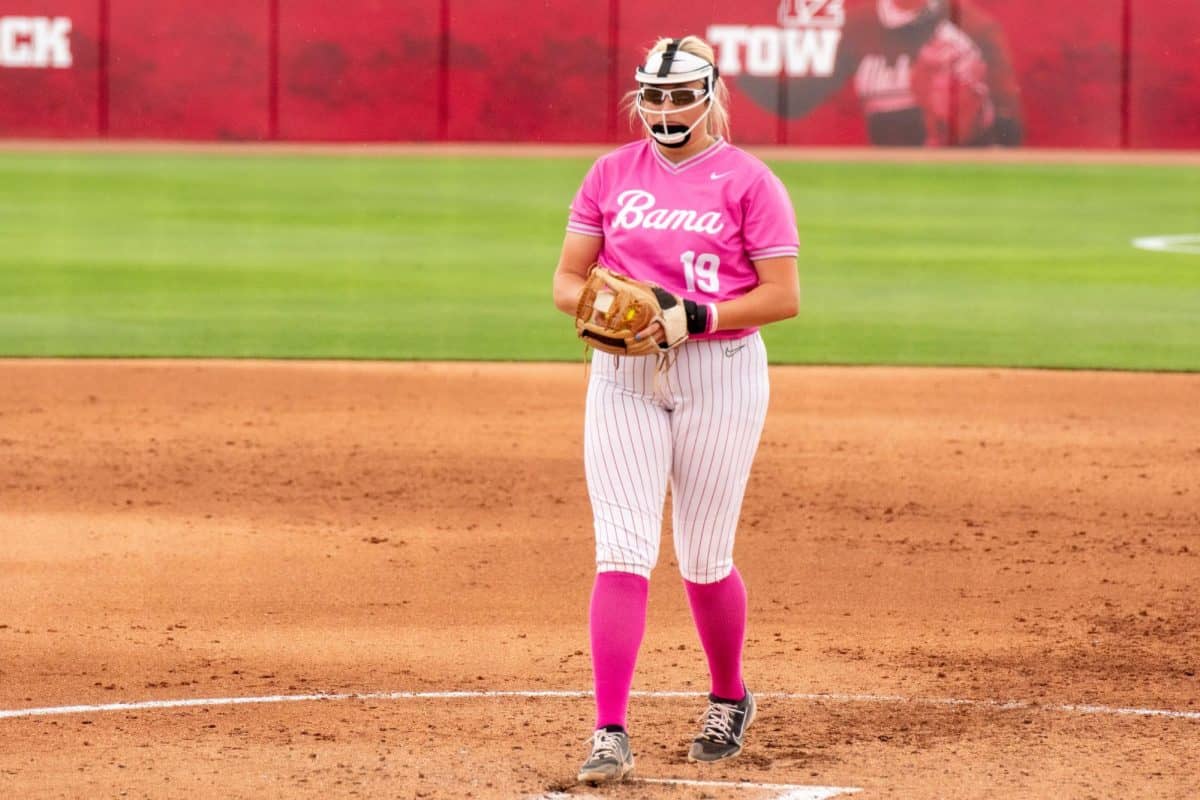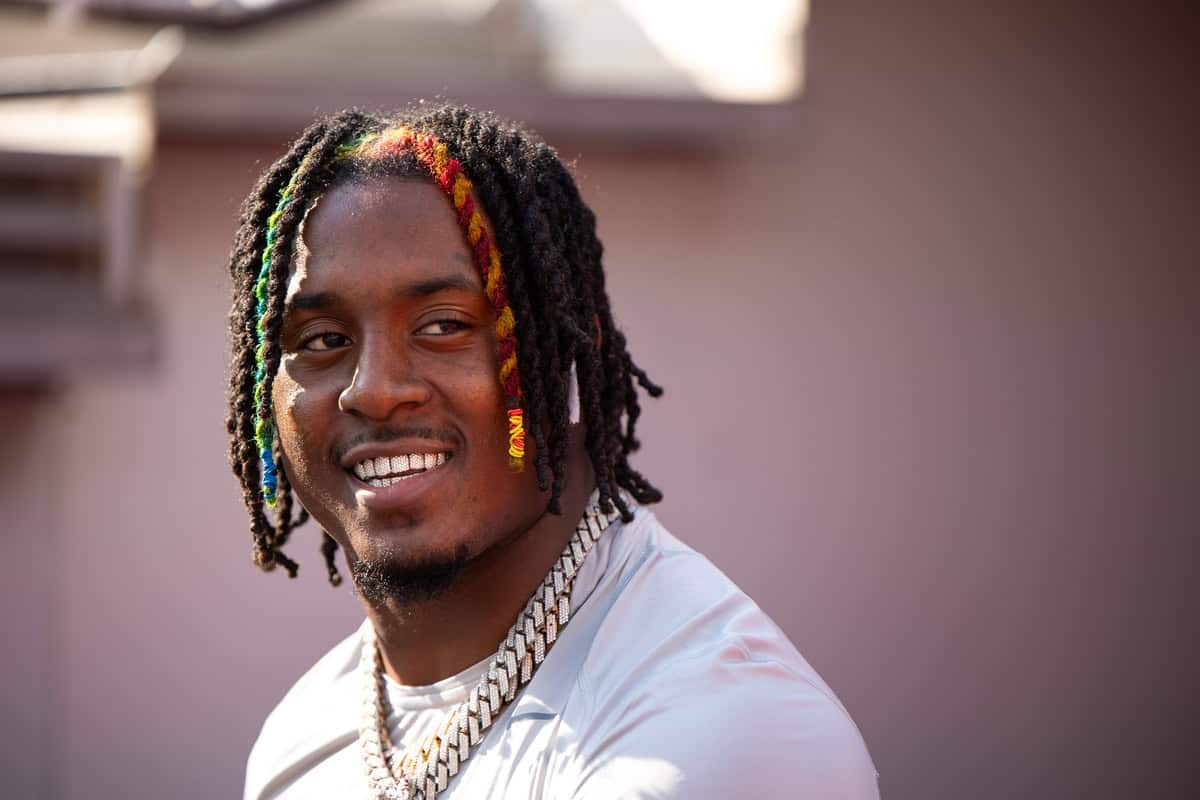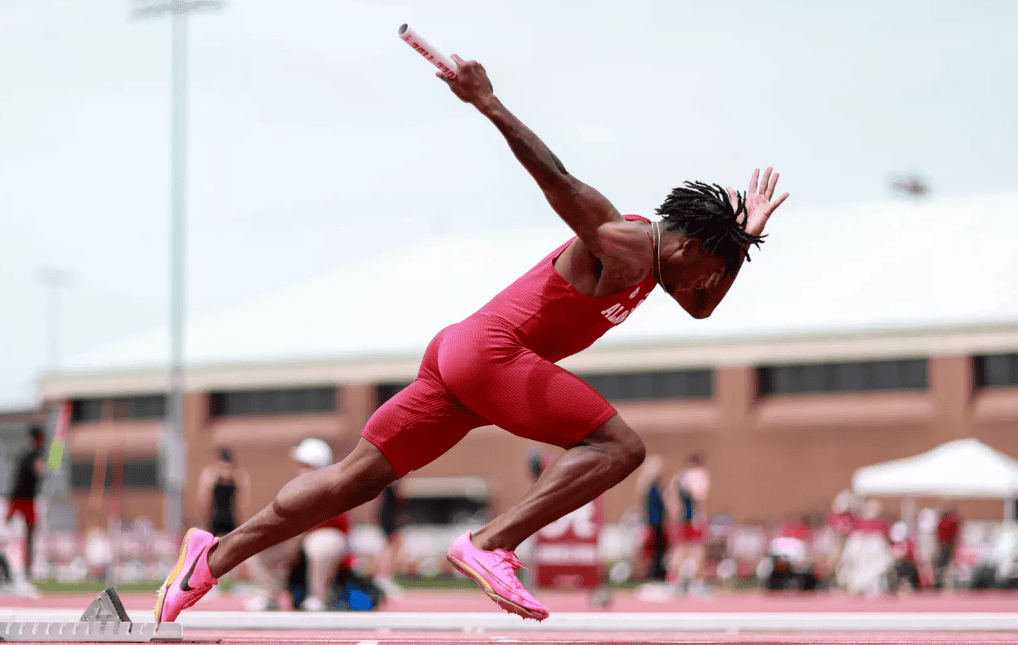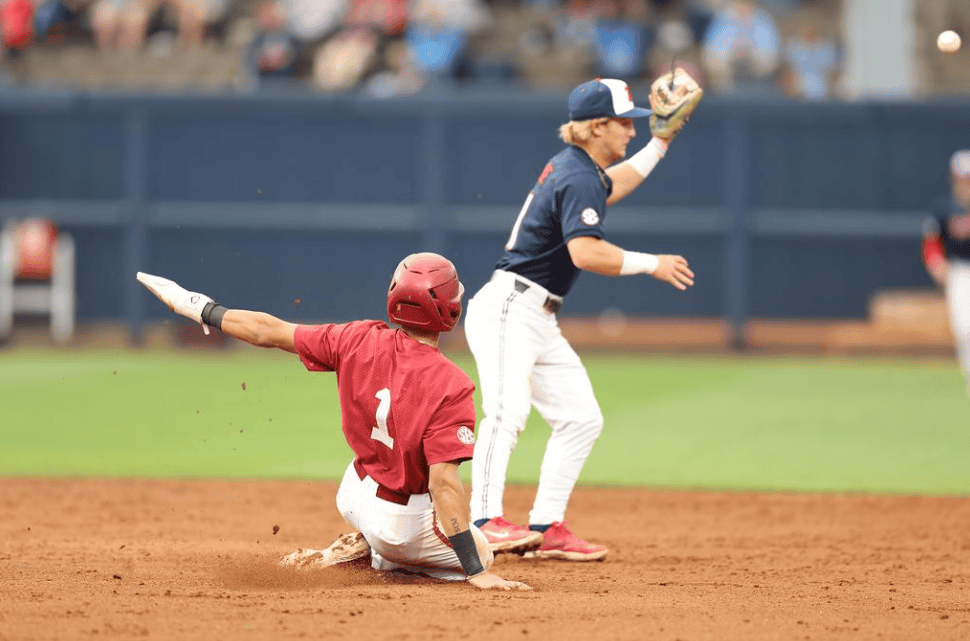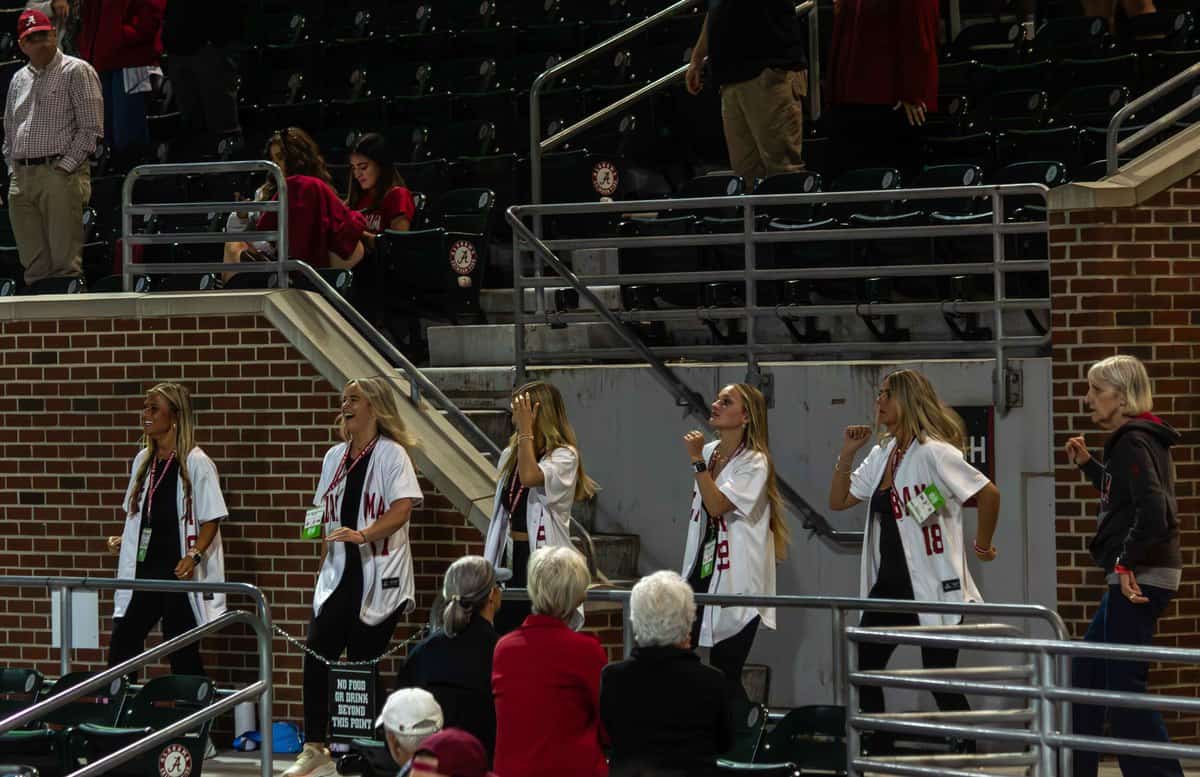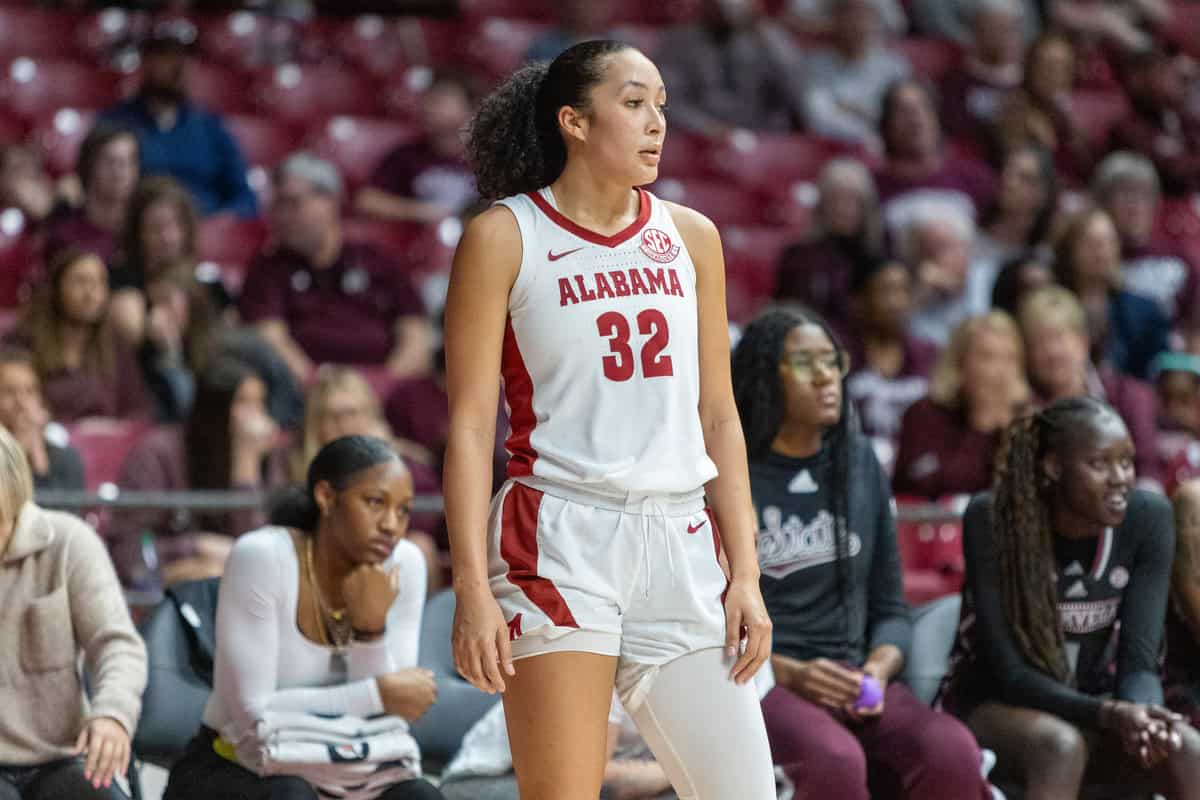“It’s only a game,” people always say. “Why should people care so much?”
I don’t know if anyone could ever really answer that. Who knows why people care so much – too much, even – about their sports teams and sports in general? I’ve been accused of taking my teams much too seriously, of being too caught up in the fate of my beloved Arsenal or Boston Celtics or Portland Timbers. As Nick Hornby, author of the soccer memoir “Fever Pitch” put it, “For alarmingly large chunks of the day, I am a moron.” It’s only a game after all. Except when it’s not.
One of my most precious sporting memories came Sept. 25, 2006 – the day the Superdome reopened in New Orleans, La. A year earlier, my family fled the flood waters of Hurricane Katrina. That September night featured one of the most intense crowds I’ve ever seen. It was, without a doubt, one of the most important sporting events in a city’s history – not because of the result on the field (23-3, Saints), but because of the impact that victory had on the people in the stands. Even writing about it now, I have chills, which I don’t think is because it’s drafty in this Starbucks.
More recently, think back to the Boston Marathon Bombings. Part of the outrage at that attack was the assault on one of the most cherished, patriotic and unifying events in America. The marathon was supposed to be a celebration of achievement, bravery and determination. That finish line was supposed to represent the realization of dreams for so many people on a day that commemorates the dreams of the nation’s founders. Instead, the day became a nightmare, shutting down one of the world’s proudest cities.
But think of the images that remain after that bombing. People ran toward an explosion with no regard for safety. Marathon runners ran directly to hospitals to give blood. Doctors who ran the marathon ran to their operating rooms. And in the days after, the Milwaukee Brewers stopped their game to sing the “Cheers” theme, and the New York Yankees – the freaking New York Yankees – sang the Boston anthem “Sweet Caroline.” The Boston Bruins played the first sporting event in Boston after the bombing, and their fans, totally impromptu, sang the national anthem stronger, prouder and – in my mind – better than it had ever been sung before.
These examples are just what sports can mean at their highest. Even in normal times, sports can be a kind of therapy to the downtrodden, a community of support for those who have none and an heirloom within families. Passion for sports, appropriately placed, can be a beautiful thing.
To quote Nick Hornby again: “… Please, be tolerant of those who describe a sporting moment as their best ever. We do not lack imagination, nor have we had sad and barren lives; it is just that real life is paler, duller, and contains less potential for unexpected delirium.”

